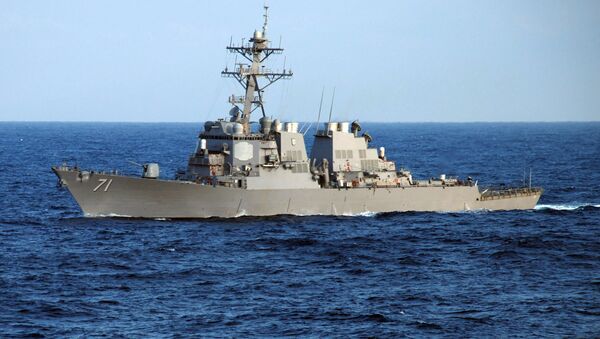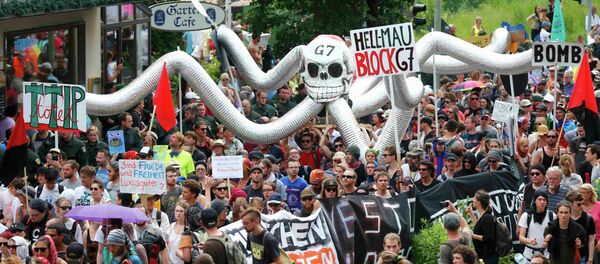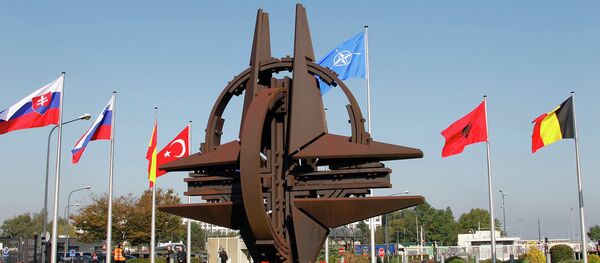"It is necessary for us to contribute to this," Solberg told a press conference on Friday following the meeting.
"As a committed NATO member, we should also be committed to that part of the strategy."
"We have to go through this and look at what our contribution should be."
The NATO Missile Defense System comprises radar equipment and missile interceptors which have already been deployed to Poland, Romania, Spain, Turkey and the Czech Republic. The US has deployed three of its four US Navy ballistic missile defense destroyers to Europe; it sees them as a key component of the missile defense shield.
At a previous meeting between Solberg and Stoltenberg in January, NATO's Secretary General said all members had to meet the two percent GDP target for military spending:
"There is an obligation for all NATO countries to follow up the decisions we make together. This also applies to the two percent target adopted in Wales in autumn 2014," Stoltenberg told the press after the meeting.
According to calculations from Norway's Defense Research Institute [FFI], meeting the two percent target requires another 17 billion kroner [$2.14 billion], in addition to this year's defense budget of 40 billion kroner in order to meet NATO's two percent target this year.
Norway's defense budget for 2015 is 1.43 percent of GDP; the FFI calculated that growth in defense spending of 4.4 percent each year is required for ten years in order to reach the NATO target. Defense Ministers who spoke to Norway's VG Nyheter newspaper said they thought it unlikely the target will be met by 2025.
"I think anyone who knows the Norwegian budget, knows that that's not possible. One way to achieve that goal would be if GDP didn't grow, but that's not our strategy," said the PM.
Of the 28 members of the NATO alliance, only the UK, Poland, Estonia and Greece have joined the US in spending more than two percent of GDP on their defense. The US spends 3.5 percent of GDP on defense.




